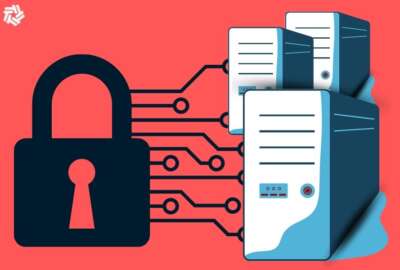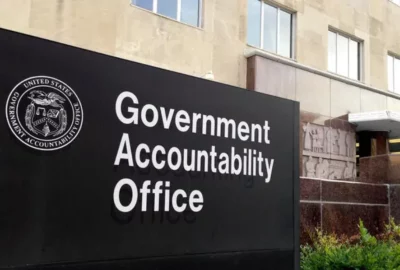By some unofficial estimates, 99 percent of federal employees are good, honest workers who would never commit workplace fraud. But if that number is accurate, more than 20,000 civilian government workers are corrupt, and some inspectors general say they need more support from agency leaders to fight the problem.
“I’ve got 117,000 employees in the Justice Department that my 450 person staff is there to watch,” said DOJ Inspector General Michael Horowitz. “Again, if … 99 percent of the employees would never even think of crossing the line, that still leaves over 1,000 employees” who would.
The federal government employs more than 2 million civilians, according to the Office of Personnel Management. But Horowitz said a number of those workers are hesitant to tell managers about colleagues who may be engaged in fraud or other illegal activity.
“They’re moving outside their chain of command, to call a watchdog agency [the IG’s office], because they’re oftentimes frustrated that their own management isn’t dealing with the problem,” he said earlier this week at an Association of Government Accountants event about preventing employee fraud in Washington.
Less dependence on inspectors general
Federal managers and other agency leaders must rely less on inspectors general, said Richard Skinner, the former Homeland Security Department IG. Instead, managers should focus on creating a culture of fraud prevention that encourages employees to report wrongdoing without fear of retaliation.
“If leadership puts the spotlight on fraud-prevention, it will become important. And until that’s done, it’s always going to take a back seat,” said Skinner, who left DHS in January 2011. “The more employees believe you’re serious, the less likely they’re going to behave illegally themselves.”
To support employee whistleblowers, Horowitz hired a Whistleblower Ombudsman in July. The goal is to ensure employees know how to report suspicious activity and to make sure other employees know there are rules against retaliation for reporting wrongdoing.
In addition, Horowitz said, the ombudsman will work to ensure whistleblower complaints do not slip off the radar and to make sure employees “know that if they’re not getting responsiveness [from management], if they’re not getting action, there is a person who they can call and reach out to who is there to make sure the process is working for them and working the right way for us in the OIG.”
But even as inspectors general fight workforce corruption, managers should work on strengthening their own skills for preventing and addressing fraud, Skinner said. They should watch for disgruntled employees, behavioral changes and financial distress, among other things.
Managers should also focus on strengthening internal controls and making employees a part of the fraud-fighting effort, Horowitz said.
RELATED STORIES:
Bill would expand whistleblower protections
DoJ IG ombudsman to guarantee whistleblower rights
Copyright
© 2024 Federal News Network. All rights reserved. This website is not intended for users located within the European Economic Area.




